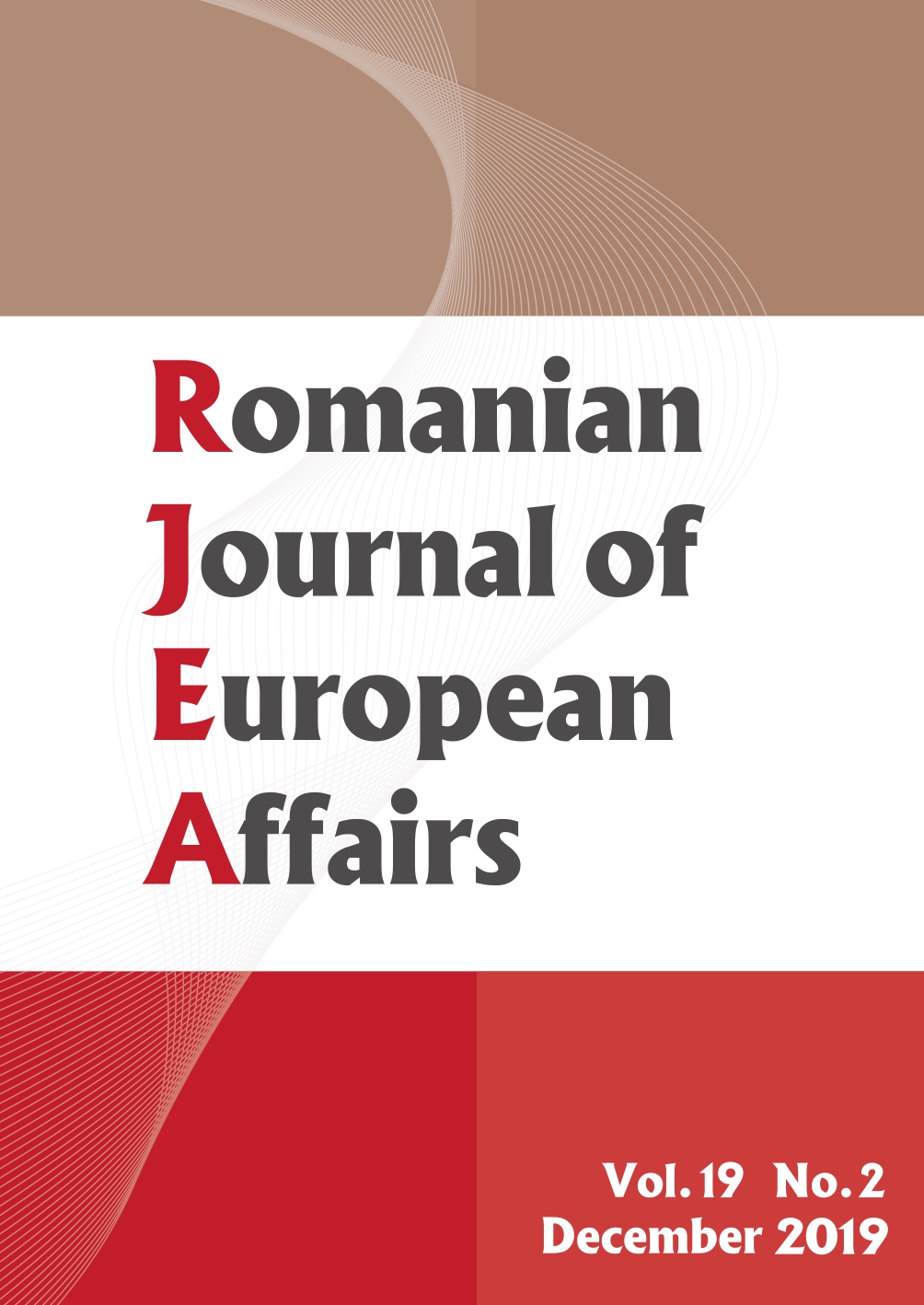The EU Member States and the Crisis in Ukraine:
Towards an Eclectic Explanation
The EU Member States and the Crisis in Ukraine:
Towards an Eclectic Explanation
Author(s): André HärtelSubject(s): Politics, Governance, Public Administration, Government/Political systems, International relations/trade, Security and defense, EU-Accession / EU-DEvelopment, Geopolitics, Peace and Conflict Studies
Published by: Institutul European din România
Keywords: EU; Germany; Italy; Austria; EU-Russia relations; foreign policy; sanctions; intergovernmentalism; Ukraine;
Summary/Abstract: The decision of the European Union (EU) to adopt and extend farreaching sanctions against the Russian Federation came as surprise to many critics of the Common Foreign and Security Policy (CFSP). Especially in light of the history of EU-Russian relations and the deep divisions between member states when it comes to Russia-policy the Ukraine Crisis has become a turning point. This article tries to trace the roots of the EU's response to the crisis by looking at the level of the member states. In analysing three «most unlikely» cases (Germany, Italy, Austria) one-dimensional IR explanations are rejected. One needs to look for an eclectic approach instead. I argue here that Germany's surprising leadership role during the crisis can be understood by personal, learning-based and normative factors. Italy and Austria did not change national Russia-policy and their «critical consent» to EU-sanctions is based on a yet firm but increasingly more fragile commitment to the European project and order. Based on the findings the article concludes with a sceptical note on both the sustainability of the EU's current Russia-policy and European foreign policy development as such.
Journal: Romanian Journal of European Affairs
- Issue Year: 19/2019
- Issue No: 2
- Page Range: 87-106
- Page Count: 20
- Language: English

